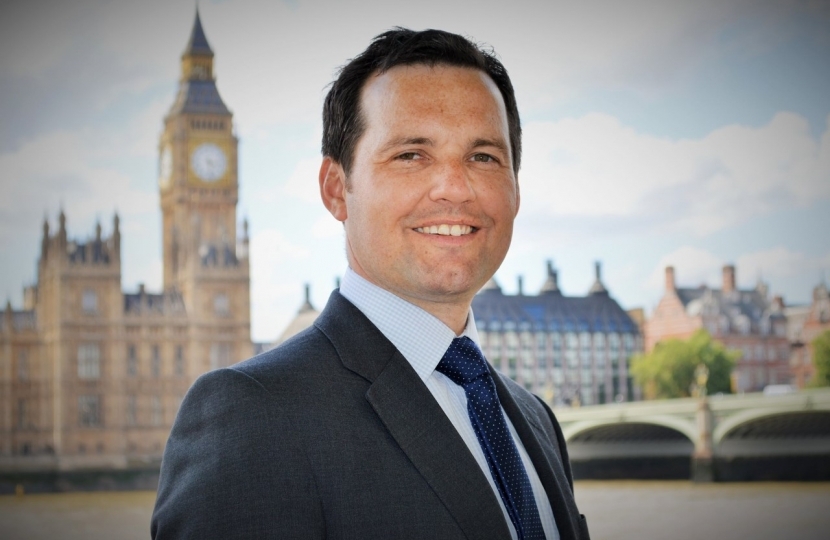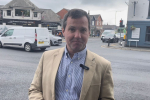
Death is one of the few facts of life. It comes to us all, in time, and we never know when it will greet us. Attending a funeral is always a time to reflect on the life of the deceased but it often prompts us to reflect on our own lives as well.
Over the past fortnight, both of the boroughs I represent held the funerals for their most senior civic leaders – one whilst still serving in office and the other not long after retirement. Cllr David Greenhalgh, the leader of Bolton Council and Cllr Peter Lord Smith, the former leader of Wigan Council, were very different characters but both were equally dedicated to their communities and worked tirelessly for them.
The church services were distinct in character and the eulogies reflected their different personalities but both events were so clear about the importance their leadership made not just on the communities that they represented but also for the councillors that they led.
Whilst funerals are always sad, they are often immensely positive and life affirming events.
The US Marine Corps have just returned thirteen of their comrades to America for burial following the suicide attack on the crowds around the Kabul airport and many score Afghan families will have buried their loved ones. Whilst every individual will be sorely missed and uplifting words will be said about many, it is a despairing way to mark the end of this era for Afghanistan.
The Taliban have already started the systematic targeting of people left behind and many of those will suffer a grim fate. Their close relationship of al Qaeda and harbouring of IS-K is likely to cause and inspire more terrorism and be a boost and inspiration to similar organisations and people around the world.
I was never in favour of the ‘nation building’ attempts in Afghanistan but the failure to leave without creating a resilient system of government is unforgivable. It took centuries for our culture and system of governance to develop and create a healthy democracy, so it was always wrong to try and experimentally accelerate that process on a far distant country.
If we reflect on our local democracy and the often very good leaders we have, we should have known, at the beginning, what is likely to happen, but we are all now learning in the worst way possible.
Leadership, especially good leadership, requires many qualities and a key one is to have a clear and achievable vision. If the leader is neither clear nor achievable then how can the followers deliver it?
This is one of the problems with the climate change agenda and the COP26 event to be held in Glasgow. For Britain to achieve their aim of “net zero” by 2050, the price tag is at least £1,000,000,000,000. This cost to the UK taxpayer is money that cannot be spent on policing or education and is likely to be far higher. Just think of HS2 which had an original price tag of £33Bn and is now three times that.
It relies on technologies that do not exist in any meaningful sense. There are no commercial carbon capture and storage projects anywhere in the world even though they have been acclaimed as a key solution to controlling carbon dioxide.
Wind turbines and solar panels are supposed to supply vast amounts of our energy, but I rarely hear of what covers our energy requirements when the sun goes down and the wind stops blowing. Occasionally, people will claim that battery storage will be the solution, but we currently have negligible storage capacity, and it would come an incredible additional cost.
The only significant source of reliable baseload energy we have available is nuclear power, but it is seemingly being systematically excluded from COP26 to enable the focus to remain on less reliable sources.
The North West of England has much of the country’s high skilled nuclear industry employment so an investment in the next generation of this technology would meet our energy needs, deliver on the COP26 agenda and create well paid local jobs. We just need the leadership and vision to deliver.


